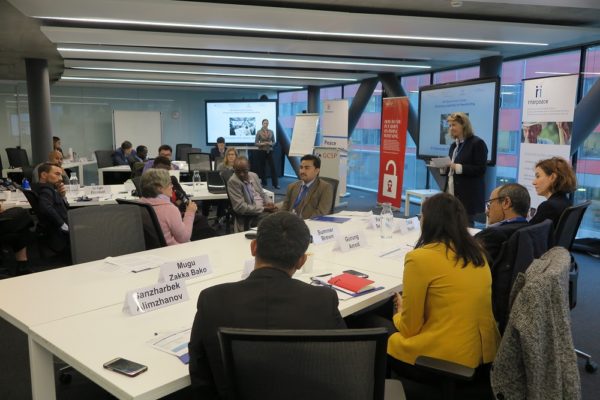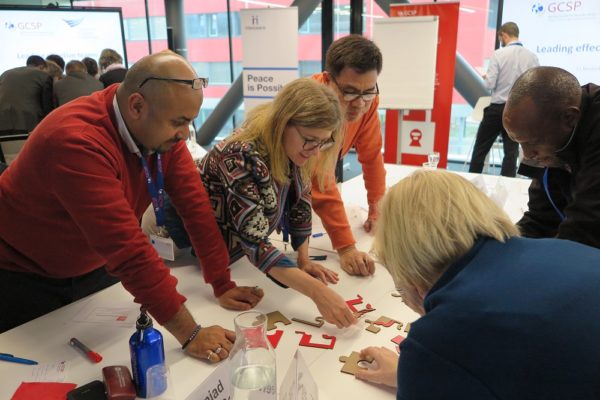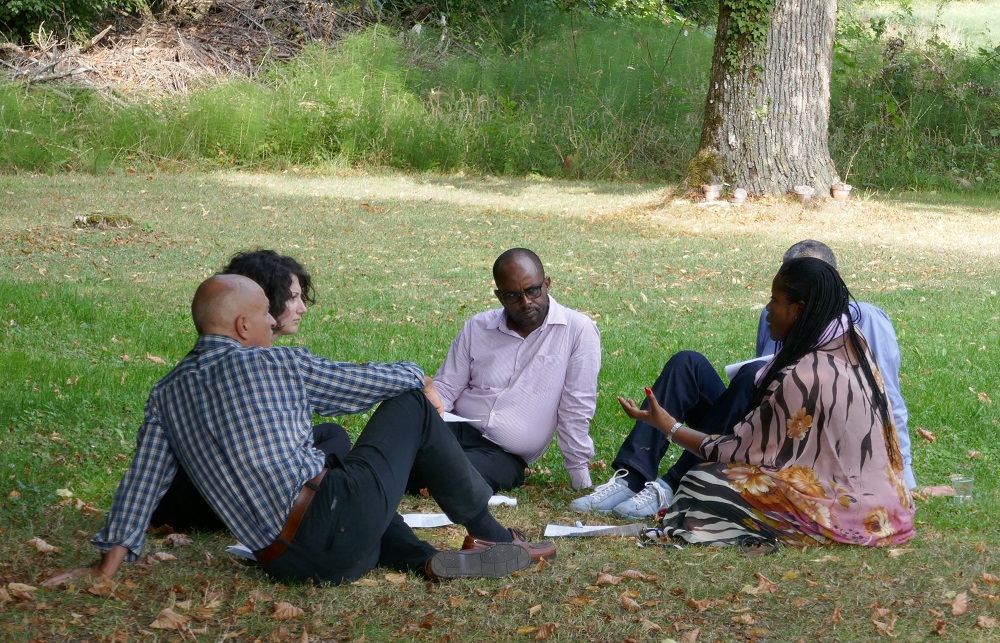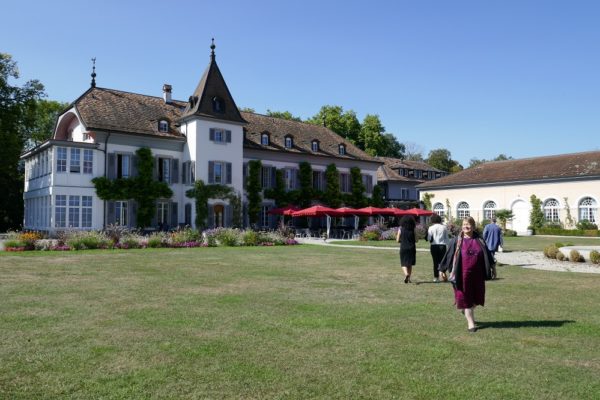Interpeace and UNICEF partner to contribute to peace through work with children
A partnership between the United Nations Children’s Fund (UNICEF) and Interpeace contributes to the sustaining peace agenda which calls for contribution to peace at all levels and across all sectors. UNICEF drives change for children every day, by saving their lives, defending their rights, and helping them to fulfil their potential. The organization has long recognized that the sustainability of its work around the world requires addressing the root causes of fragility, conflict, and violence rather than merely responding to their consequences. Based on the recognition of this interrelationship, UNICEF leverages its programming in social services delivery and community engagement focused on realization of child rights for peacebuilding and sustaining peace, as demonstrated through its previous “Peacebuilding, Education, and Advocacy Programme”, and ongoing programming in over 50 countries.
UNICEF’s contribution to peacebuilding is centered on the social and economic dimensions of peace. It supports contributions to sustaining peace at multiple levels including individual capacity to transform conflict, fostering relationships between and within groups ( horizontal social cohesion), and (re)building state-society relations (vertical social cohesion).
In line with the second facet of Interpeace’s mandate – to assist the international community (and particularly the United Nations) to play a more effective role in supporting peacebuilding efforts around the world – Interpeace has embarked on co-learning processes with a number of UN agencies. The Interpeace Advisory Team (IPAT) provides accompaniment on the operationalization of the sustaining peace agenda, including the integration of contributions to peace in humanitarian and development work. This work is guided by key peacebuilding principles including local leadership, fostering horizontal and vertical trust - between people as well as between people and governments - and carefully crafting processes that enable these.
“We are delighted to be supporting UNICEF in its endeavor of fostering peaceful and inclusive societies for the realization of children’s rights. This work constitutes a part of Interpeace’s efforts to partner with other organizations in fostering peace responsive humanitarian, development, and stabilization action,” said Martina Zapf, Senior Manager at Interpeace.
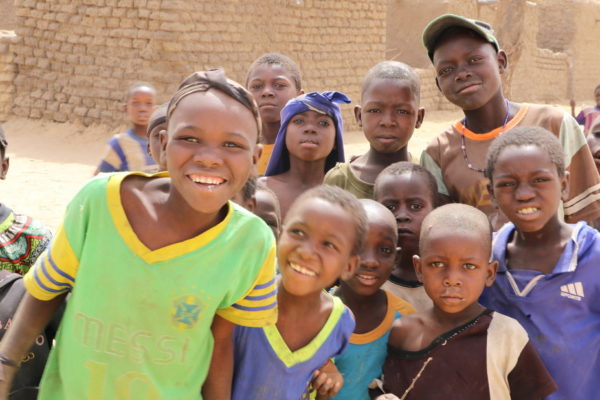
Photo credits: Interpeace.
UNICEF has partnered with Interpeace on an evaluative review of its peacebuilding, social cohesion, and violence prevention programming. The objective of this review, carried out by IPAT, is to identify effective approaches that could be scaled up as well as opportunities to further enhance UNICEF’s work in these areas, drawing on its unique added value. UNICEF and Interpeace have also worked together in several countries to improve the situation of children and peace - as seen in Côte d’Ivoire and Guinea Bissau (read more Cliquez ici).
Further consolidating the partnership, UNICEF has concluded a long-term services agreement with Interpeace. Under this framework agreement Interpeace will collaborate with UNICEF in the areas of peacebuilding, social cohesion, and violence prevention. Interpeace’s Advisory Team will provide hands-on assistance to country and programme teams on conflict analysis, programme design and implementation; providing capacity development and supporting organizational change processes; developing action-oriented and field-tested guidance; as well as providing reviews and a sounding board. The two organizations will also continue to identify opportunities for jointly designing and implementing programmatic activities contributing to peace.
The overall aim of the collaboration between UNICEF and Interpeace is to identify and practically act on ways of further enhancing UNICEF’s contribution to peace, in line with its mandate. Recognizing and enabling the important role that social and economic interventions play in fostering peace, gives concrete expression to one of the core tenants of the sustaining peace agenda.
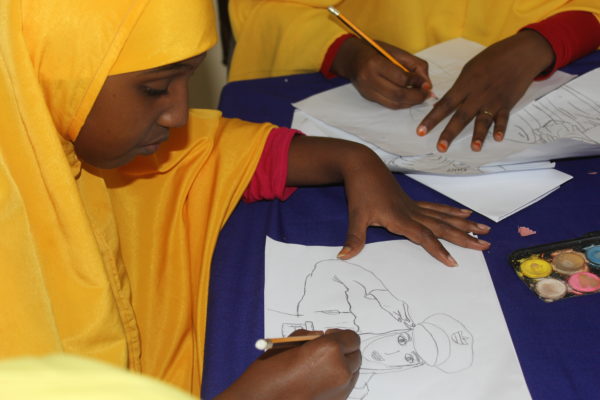
Photo credits: Interpeace
